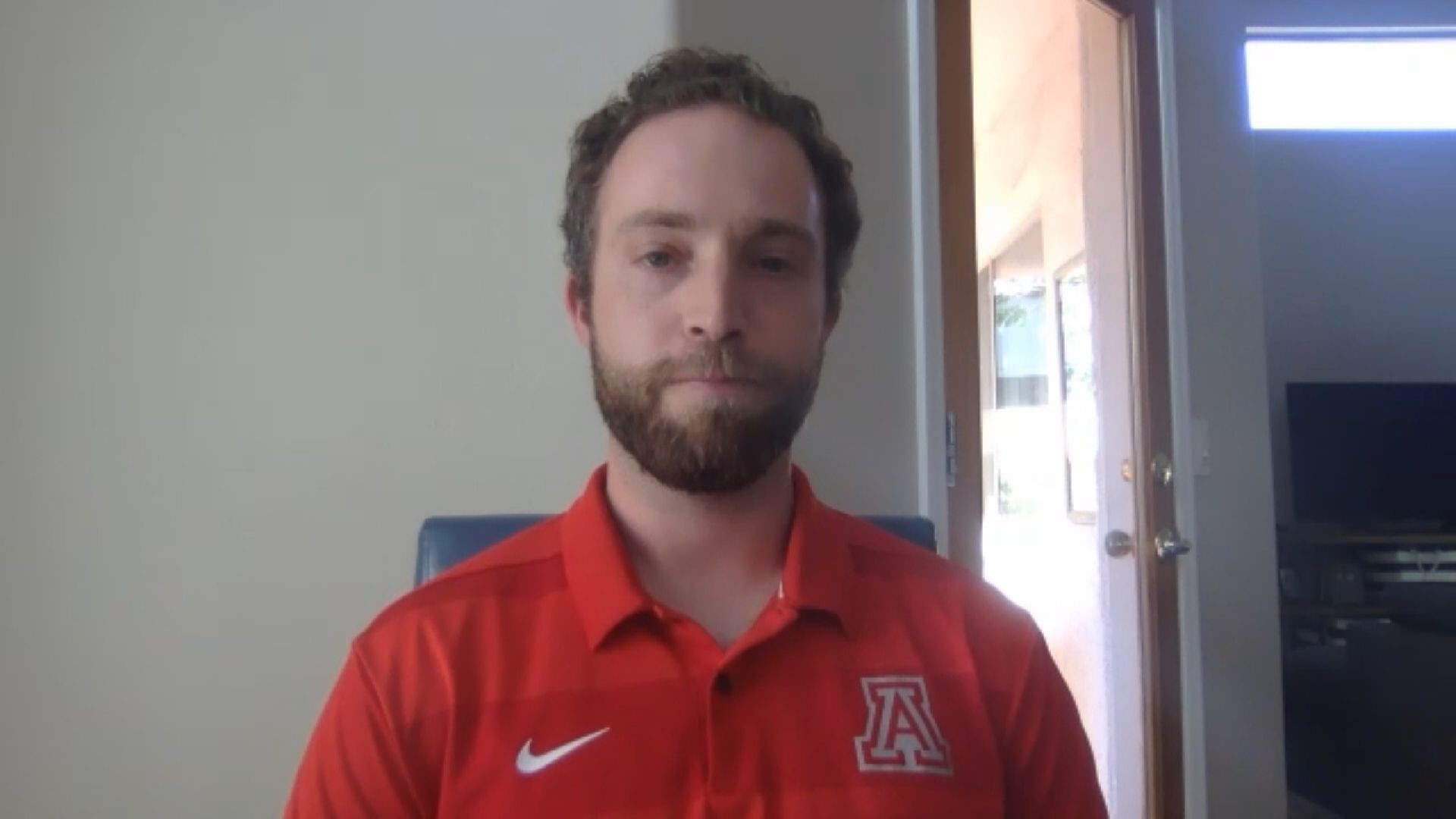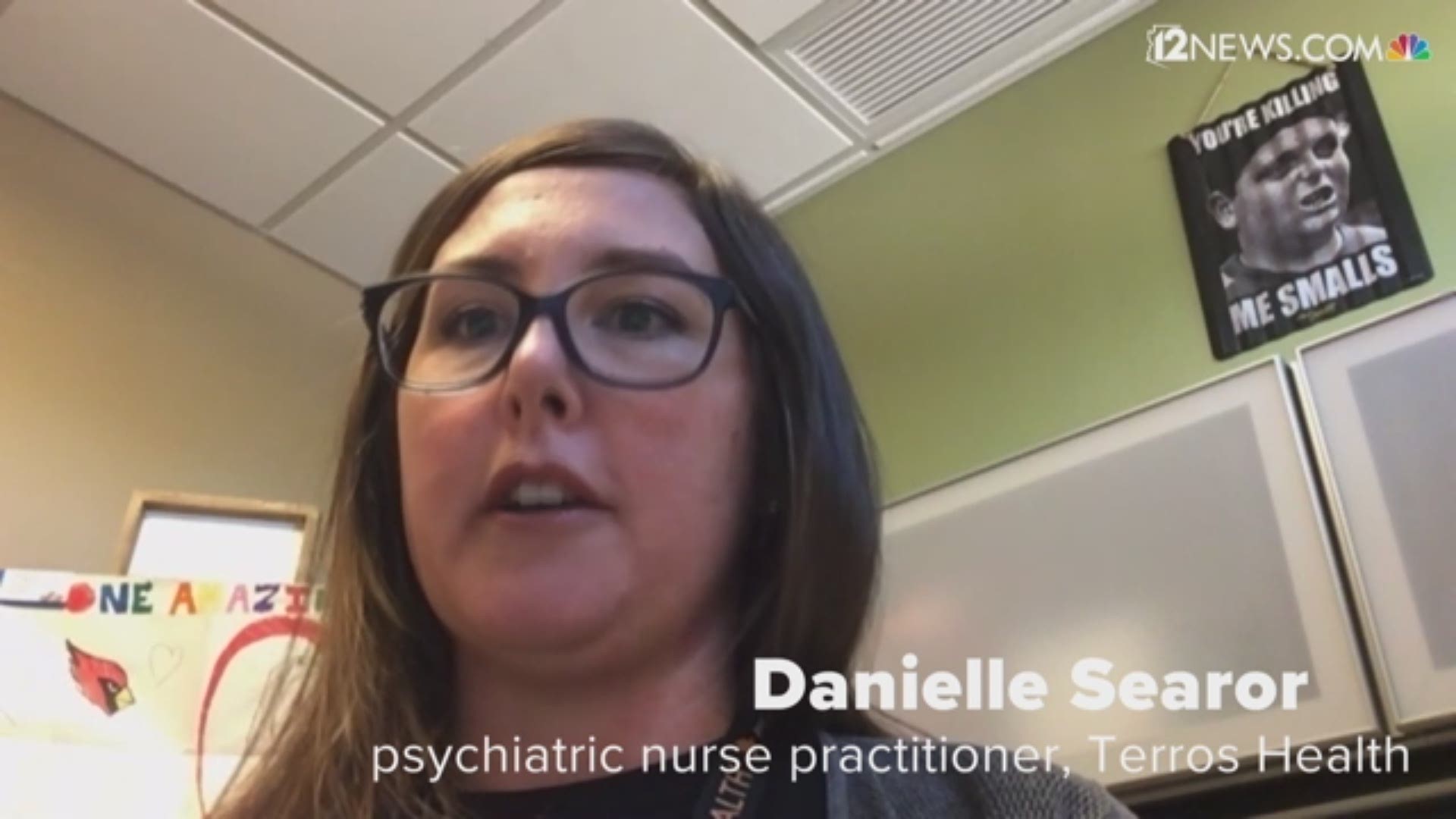PHOENIX — In addition to Zoom calls with coaches and following strength and conditioning workouts from home, many student-athletes are now speaking with mental health professionals as part of their new routine.
“Coaches have invited us into their team meetings to share information about things that may be particularly challenging for this age group,” said Dr. Alex Auerbach, director of clnical psychology at the University of Arizona.
Athletes could have an advantage over people who don’t have specific goals to focus on during these times, as Dr. Auerbach pointed out: "Athletes are talked to and trained to focus on what they can control."
Dr. Auerbach suggests finding and sticking to a routine and setting goals as things to do help with mental health. And, with so much uncertainty as to when sports will return, he believes mental health professionals will become increasingly more important.
“I’ve seen some stuff sort of circulating in our world about mental health professionals being the invisible first responders. I think people look to sports for a sense of normalcy and season and routine and now we’re getting a sense that things might not happen. I think that you’ll start to see athletes come forward talking about what their experience has been navigating this crisis and our role navigating in terms of screening for things like trauma or grief and loss. I think is going to be really important.”
MORE STORIES:


